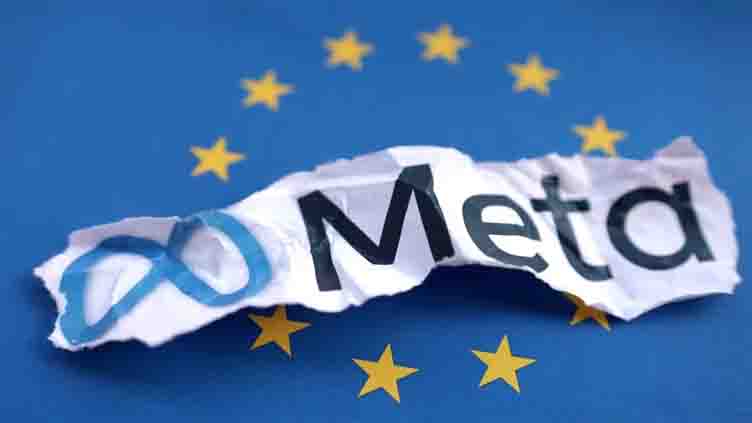Meta, Spotify CEOs take aim at European AI regulations

Technology
Spotify pointed to its early investment in AI to create personalized experiences
(Reuters) - Meta CEO Mark Zuckerberg and Spotify CEO Daniel Ek have criticized European regulations surrounding open-source artificial intelligence, saying the continent risks falling behind because of complex rules.
Europe, which "has more open-source developers than America", is well placed to make the most of the open-source AI wave, the CEOs said in a joint statement on Friday.
"Yet its fragmented regulatory structure, riddled with inconsistent implementation, is hampering innovation and holding back developers."
The CEOs said the tech industry in Europe faces "overlapping regulations and inconsistent guidance on how to comply with them" instead of clear rules.
A streamlined regulatory framework would not only accelerate the growth of open-source AI, but also provide support to European developers and the broader creator ecosystem, they said.
The Irish privacy regulator in June asked Meta to not launch its AI models in Europe for the time being, after the company was told to delay plans of harnessing data from Facebook and Instagram users.
Given the current regulations, Meta will not be able to release its upcoming AI models such as Llama multimodal, which has the capability to understand images, in Europe.
This would mean Europeans will be "left with AI built for someone else," the CEOs said.
Spotify pointed to its early investment in AI to create personalized experiences for users that has led to the streaming service's success.
Laws that have been designed to increase European sovereignty and competitiveness are achieving the opposite, they said, adding Europe should be "simplifying and harmonizing regulations by leveraging the benefits of a single yet diverse market."
The CEOs concluded that Europe needs a new approach with clearer policies and more consistent enforcement, adding it will miss a "once-in-a-generation opportunity" on its current path.
The EU Commission did not immediately respond to a Reuters request for comment.


